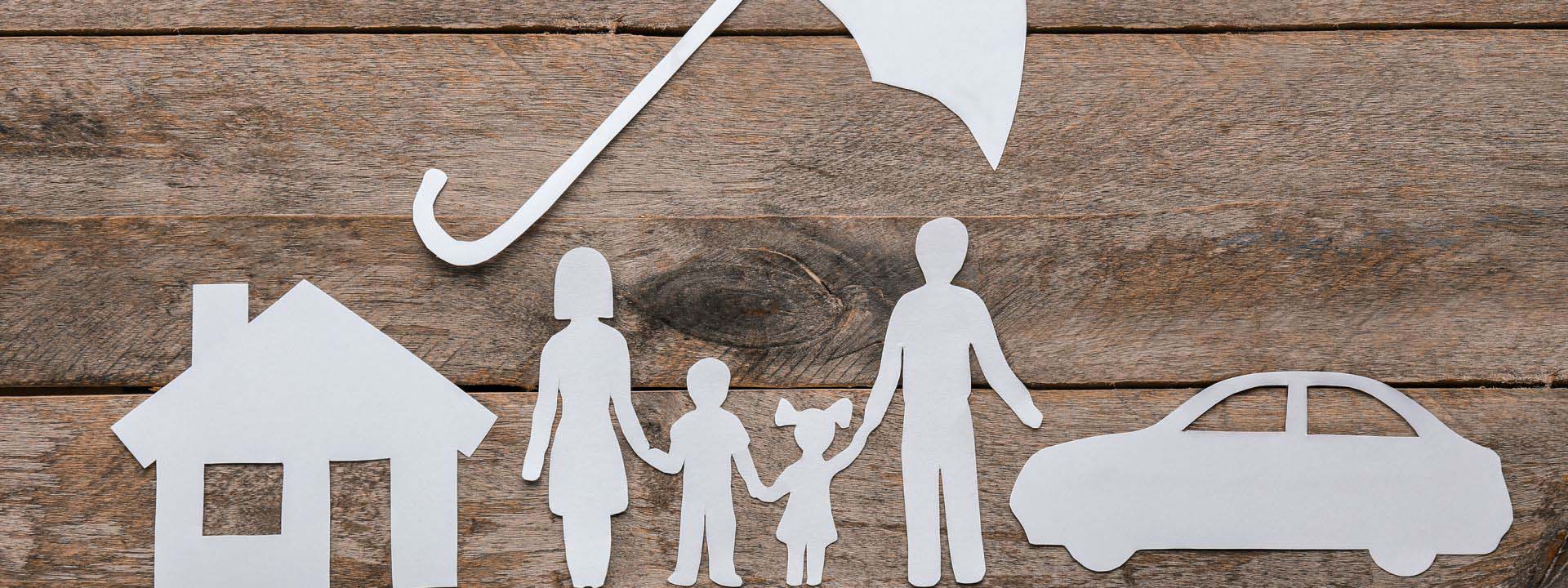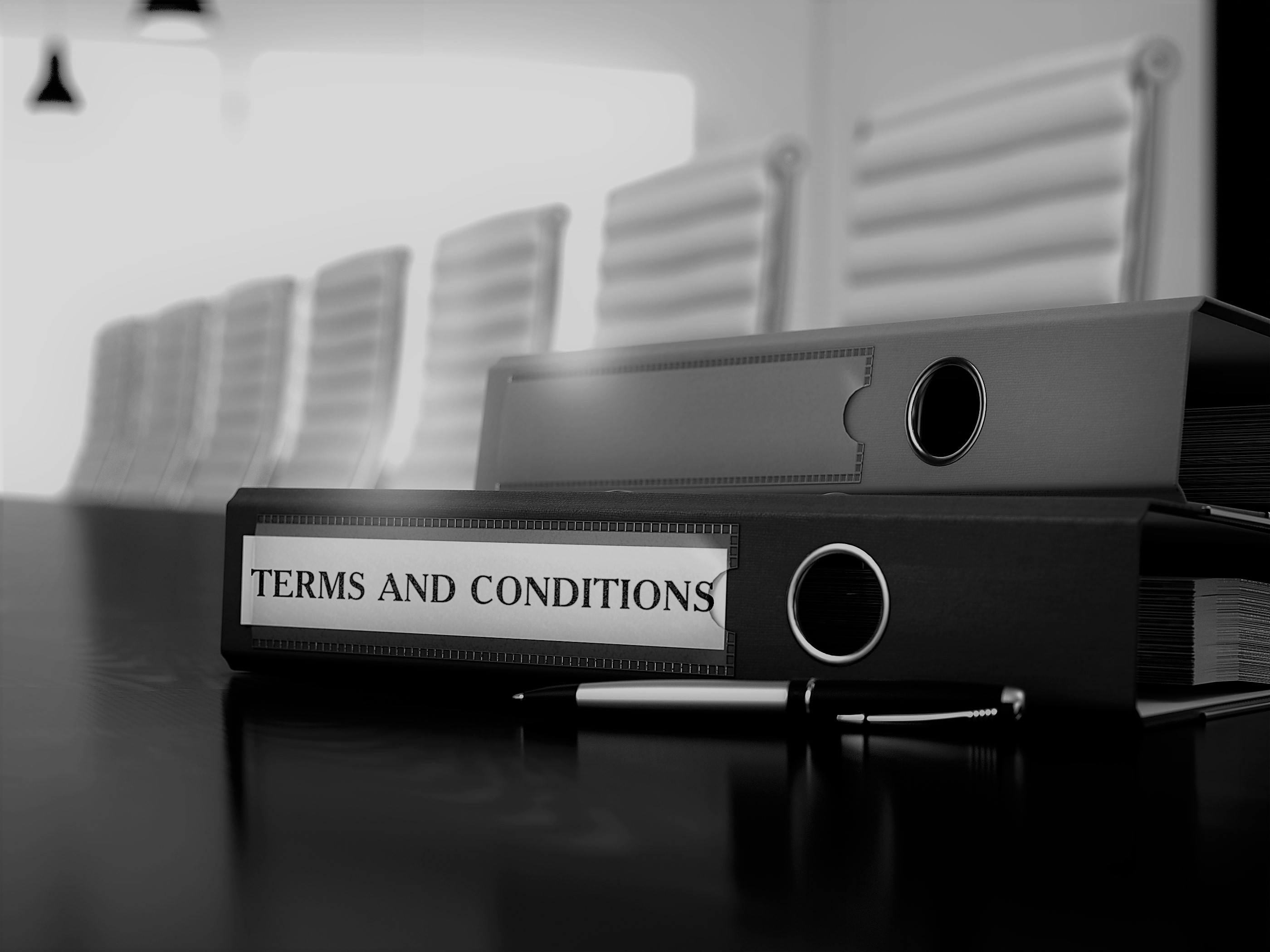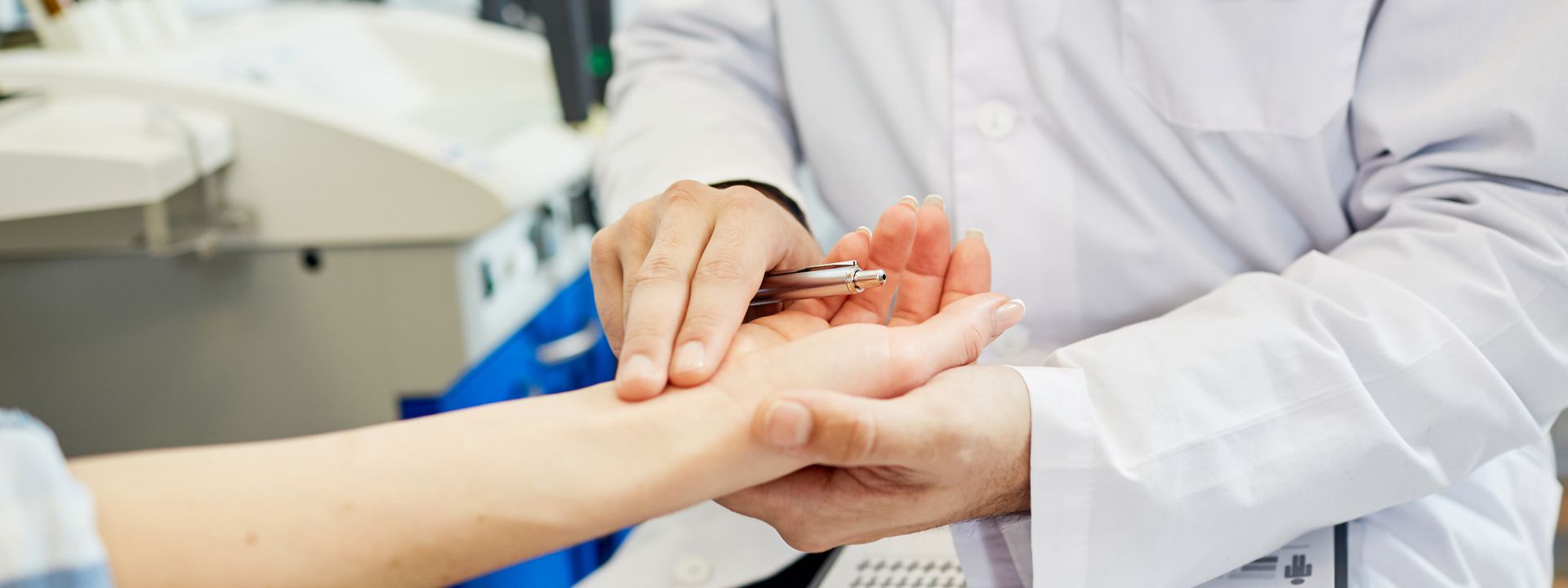Health Disease
Your body is the most priceless possession. After all, you have to dwell in it! So take care of it with a right Health Insurance Plan.
What is Kidney Disease?
Kidney disease is a medical condition that can affect your body’s ability of cleaning your blood, filtering excess water out of your blood, as well as helping to control your blood pressure. It may also affect the red blood cell production as well as vitamin D metabolism which is needed for bone health.
Kidneys are located on either side of your spine which is just above your waist. You have two kidneys in your body. When the kidney damages take place, fluids as well as waste products start building up in your body. This may later lead to nausea, poor sleep, swelling in the ankles, shortness of breath, etc.
Without undertaking Kidney Disease treatment, your kidneys may damage significantly and eventually stop working. This is the reason why kidney disease are serious and can be life-threatening. This kidney damage may be caused due to nerve damage, malnutrition, weak bones, etc.
Types and Causes of Kidney Disease
Mentioned below are the types as well as causes of kidney diseases:
- Chronic kidney disease
Chronic kidney disease is one of the most common types of kidney disease. It however is a long-term condition which doesn’t improve over time. The main cause of chronic kidney disease is high blood pressure.
High blood pressure is hazardous for the kidneys as it can increase the pressure on the glomeruli. Glomeruli are nothing but the tiny blood vessels in the kidneys where the cleaning of the blood takes place. Over a period of time, the increased pressure leads to these vessels getting damaged and thereby declining the kidney function.
When the kidneys stop performing, your doctor will suggest to undergo dialysis. Dialysis is a Kidney disease treatment that helps in filtering any extra fluid as well as waste out of the blood. This treatment may help in treating kidney disease however it certainly can’t cure it. Another kidney disease treatment also includes kidney transplant, but it may depend on your circumstances.
Diabetes is one of the main causes of chronic kidney disease. Diabetes is a group of diseases that is caused because of high blood sugar. - Kidney stones
Kidney stones are another kidney problem which are common. They occur when minerals as well as other substances in the blood crystallize in the kidneys, which forms solid masses or stones. Kidney stones typically come out of the body while urinating. Passing kidney stones may be very painful, however they rarely cause substantial issues. - Glomerulonephritis
Glomerulonephritis is a condition that creates inflammation of the glomeruli. Glomeruli are very small structures located inside the kidneys that help in blood filtration. Glomerulonephritis can be caused because of infections, congenital abnormalities and drugs. It may usually get better on its own. - Polycystic kidney disease
Polycystic kidney disease is a disorder which is genetic that may cause numerous cysts i.e. small sacs of fluid for growing in the kidneys. These cysts interfere with kidney function as well as they lead to kidney failure. - Urinary tract infections
Urinary tract infections (UTIs) are usually bacterial infections of any part of the urinary system. Infections in the bladder as well as urethra are the most common. UTIs can be treated easily and therefore may rarely result in more health problems. But, in case these remain untreated, there are possibilities that the infections may spread to the kidneys that causes kidney failure. - Drugs and medication
- Dietary and lifestyle changes
- Dialysis
Treatment
What to do in case your kidney diseases worsen?
It is best to visit a doctor in case you think that your kidney disease has been worsening day by day. Your doctor will suggest blood tests, urine tests, imaging tests or remove a sample of your kidney tissue for the purpose of testing.
What are the available kidney disorder treatment options?
Kidney disease treatment will typically focus to control the underlying cause of the disease. Simply put, your health care provider will aid you better in managing your blood sugar, blood pressure, and cholesterol levels. Mentioned below are some of the ways for treating kidney disease.
Your doctor may suggest you either angiotensin-converting enzyme (ACE) inhibitors such as lisinopril or angiotensin receptor blockers (ARBs) like irbesartan and olmesartan. These are mainly blood pressure medications that can help in slowing down the progression of kidney disease. Your doctor may also prescribe these medications for preserving kidney function, even if you don’t have health issues of high blood pressure.
One of the treatment for kidney disease is also done by prescribing cholesterol drugs. These medications help in reducing blood cholesterol levels and thereby help in maintaining kidney health. Based on your symptoms, you may also be prescribed drugs for relieving swelling and for treating anemia.
It is important to make certain diet and lifestyle changes. This will help in keeping any underlying causes of kidney diseases at bay. You may be put on insulin injections for controlling diabetes, cutting back on foods that are high in cholesterol, cutting back on salt, stop smoking, losing any extra weight, getting active physically, limiting your alcohol consumption and adopting healthy diet such as veggies, fresh fruits, low-fat dairy products, etc.
In order to filter the blood, one of the artificial ways is ‘Dialysis’. When a person has kidney failure or are very close to failing, this kidney disease treatment is used. Dialysis are of two types: hemodialysis and peritoneal dialysis. In hemodialysis, the blood is pumped via a special machine that will help in filtering out the waste products as well as the fluid. Hemodialysis may be carried out either at your home or in a hospital. Usually, three sessions of dialysis per week are required that may last for three to five hours. But, hemodialysis may also be done in shorter yet more frequent sessions. The other type of dialysis, peritoneal dialysis is a process wherein a tube would be implanted for filling the abdomen with a fluid. This fluid is also known as dialysate.
Are there are any natural or homemade remedies for kidney disorder?
Yes, by making certain changes in your lifestyle and diet, you may reduce the risks of further complications of kidney disease. You may be put on a specialized diet that would specifically take care of your sodium, phosphate, potassium as well as protein intake.
This diet will help since once your kidneys are damaged, it becomes harder for them to get those essential nutrients out of your blood. The specialized diet will ensure that your kidneys don’t have to work very hard.
There would also be limitations will regards to the level of water and the quantity of food that you eat.
A kidney diet specialist known as a renal dietitian will take care of your kidney disease treatment.
Your doctor will also prescribe you to take certain amounts of vitamins as well as minerals like calcium and vitamin D.
In case you suffer from diabetes or high blood pressure along with kidney disease, your doctor will also advice you a special diet. It is important to control the blood sugar levels in diabetes to keep it in control the entire day. A no salt diet would be advisable in case you have high blood pressure.
When to see a doctor?
You should visit your doctor immediately in case you find any signs as well as symptoms of kidney disease such as loss of appetite, nausea, vomiting, sleep problems, muscle twitches, cramps, persistent itching, chest pain, high blood pressure, changes in pattern of urination, reduces mental sharpness, etc. Your doctor will most likely examine you for kidney function as well as blood pressure in case you are facing a medical condition that will increase the risk of kidney disease.








 support@greyfont.com
support@greyfont.com Call Us on (022) 4891 3051
Call Us on (022) 4891 3051